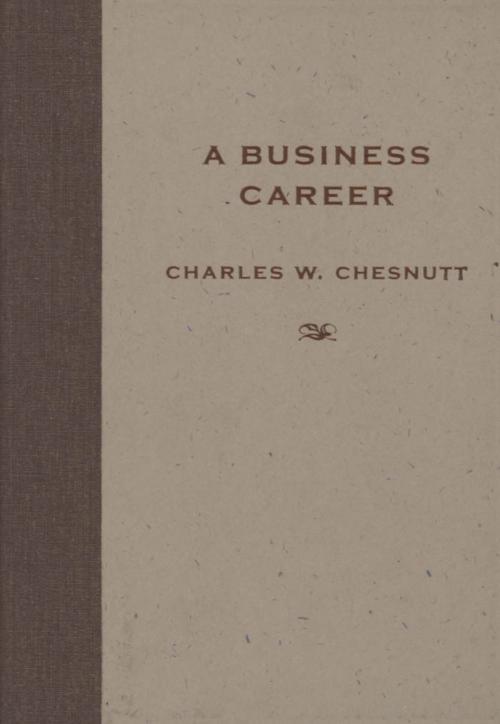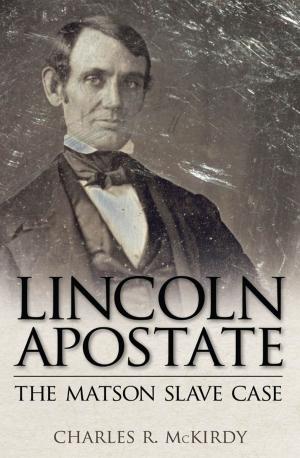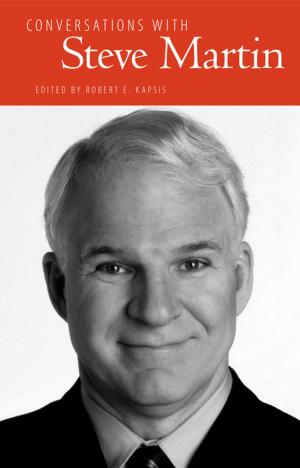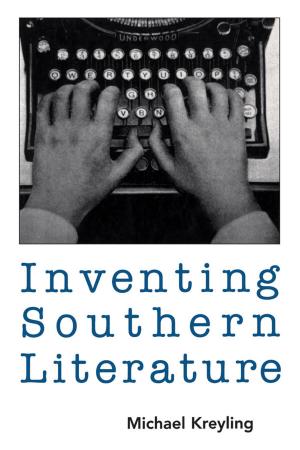| Author: | Charles W. Chesnutt | ISBN: | 9781617030697 |
| Publisher: | University Press of Mississippi | Publication: | June 3, 2005 |
| Imprint: | University Press of Mississippi | Language: | English |
| Author: | Charles W. Chesnutt |
| ISBN: | 9781617030697 |
| Publisher: | University Press of Mississippi |
| Publication: | June 3, 2005 |
| Imprint: | University Press of Mississippi |
| Language: | English |
Never before published, A Business Career is the story of Stella Merwin, a white woman entering the working-class world to discover the truth behind her upper-class father's financial failure. A "New Woman" of the 1890s, Stella joins a stenographer's office and uncovers a life-altering secret that allows her to regain her status and wealth.
When Charles W. Chesnutt died in 1932, he left behind six manuscripts unpublished, A Business Career among them. Along with novels of Paul Laurence Dunbar, it is one of the first written by an African American who crosses the color line to write about the white world. It is also one of only two Chesnutt novels with a female protagonist.
Rejecting the novel for publication, Houghton Mifflin editor Walter Hines Page encouraged Chesnutt to try to get the book in print. "You will doubtless be able to find a publisher, and my advice to you is decidedly to keep trying till you do find one," he wrote. Page clearly saw that in A Business Career Chesnutt had written a successful popular novel grounded in realism but one that exploits elements of romance.
Charles W. Chesnutt (1858-1932) was an innovative and influential African American writer of the late nineteenth and early twentieth centuries. His novels include The House Behind the Cedars, The Marrow of Tradition, The Colonel's Dream, as well as the posthumously published novel Paul Marchand, F.M.C. from University Press of Mississippi.
Never before published, A Business Career is the story of Stella Merwin, a white woman entering the working-class world to discover the truth behind her upper-class father's financial failure. A "New Woman" of the 1890s, Stella joins a stenographer's office and uncovers a life-altering secret that allows her to regain her status and wealth.
When Charles W. Chesnutt died in 1932, he left behind six manuscripts unpublished, A Business Career among them. Along with novels of Paul Laurence Dunbar, it is one of the first written by an African American who crosses the color line to write about the white world. It is also one of only two Chesnutt novels with a female protagonist.
Rejecting the novel for publication, Houghton Mifflin editor Walter Hines Page encouraged Chesnutt to try to get the book in print. "You will doubtless be able to find a publisher, and my advice to you is decidedly to keep trying till you do find one," he wrote. Page clearly saw that in A Business Career Chesnutt had written a successful popular novel grounded in realism but one that exploits elements of romance.
Charles W. Chesnutt (1858-1932) was an innovative and influential African American writer of the late nineteenth and early twentieth centuries. His novels include The House Behind the Cedars, The Marrow of Tradition, The Colonel's Dream, as well as the posthumously published novel Paul Marchand, F.M.C. from University Press of Mississippi.















